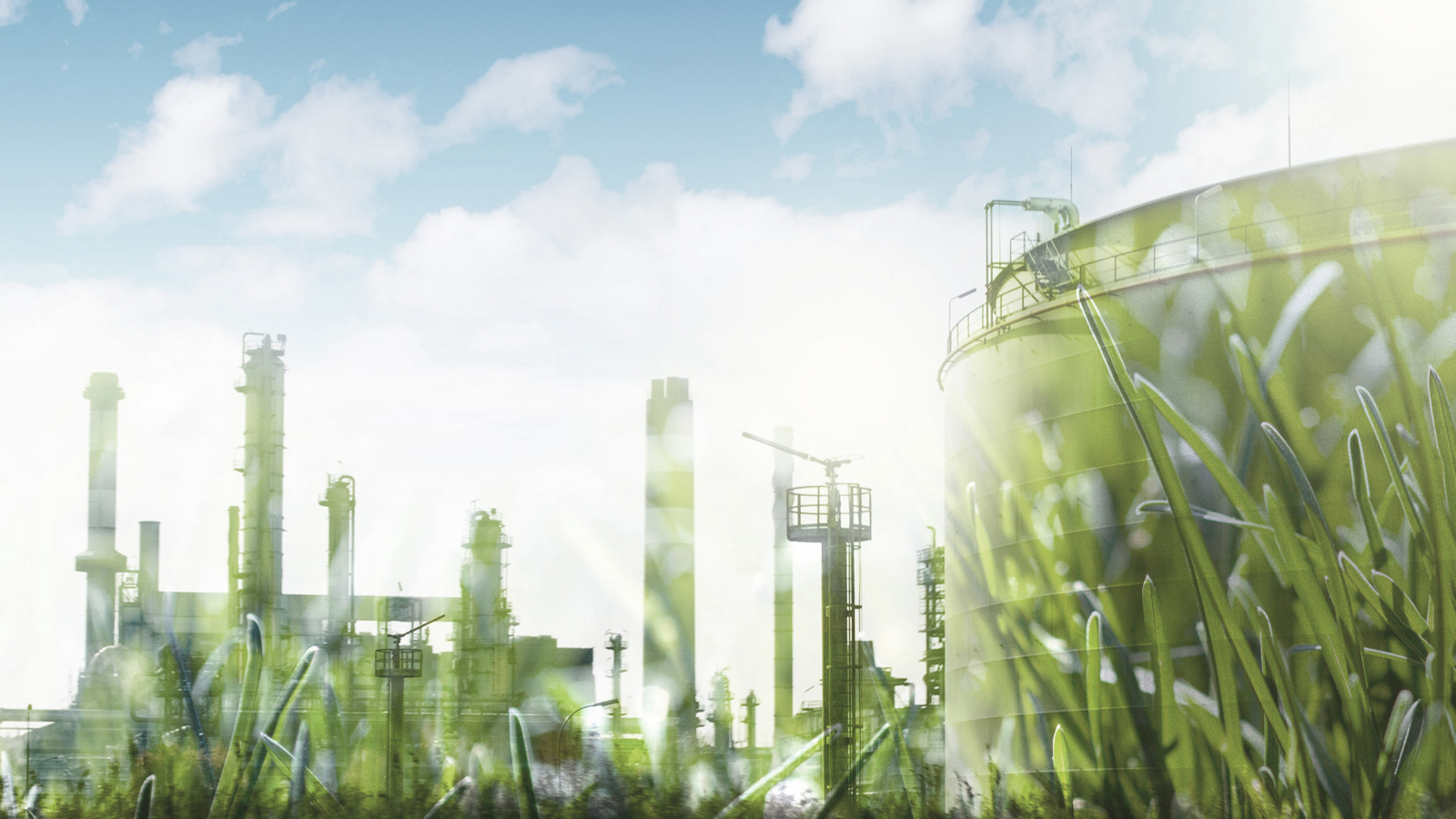The goal – to create a fossil-free industrial region
2020-08-11

"Through a literature study, we will review a number of molecules that can be extracted from lignocellulose/forestry raw materials. The goal is to develop renewable materials and products in which the raw material is largely from forestry. The pilot study creates a basis for experimental work in step two of this sub-project,” says Mikael Skrifvars, Professor of Polymer Technologies at the University of Borås.
The report, due in August, is being led by RISE, and in addition to the University of Borås, Chalmers is also a participant. The university's role is to investigate how the selected molecules can be used in plastics, composites, and in textile materials.
"We will produce data and suggestions for the most interesting molecules for the participating companies in the project, and based on that, continued experimental work will be planned.”
The project includes four working groups: Renewables, Climate Leading Process Industry, Climate Leading Value Chains, and Return Refinery. The pilot study is part of the Renewables group, but the university is also participating in various working group meetings.
"The working group meetings provide valuable opportunities for networking, creating contacts, and planning new research projects. In one of the working group meetings, Competence Development, we have the opportunity to present and discuss our chemical engineering educational programme, which gives us important input.”
Several researchers at the university are involved in different stages of the project.
"The project can be characterised as a collaborative project with the possibility of creating contacts with the chemical industry in Sweden," says Mikael Skrifvars.
The Vinnväxt initiative Climate Leading Process Industry started 2019-01-01 and will continue for ten years.
Read more about Mikael Skrifvars
All participants in the project are also members of the West Swedish Chemistry & Materials Cluster.
Annie Klasén, translation: Eva Medin
Johanneberg Science Park

